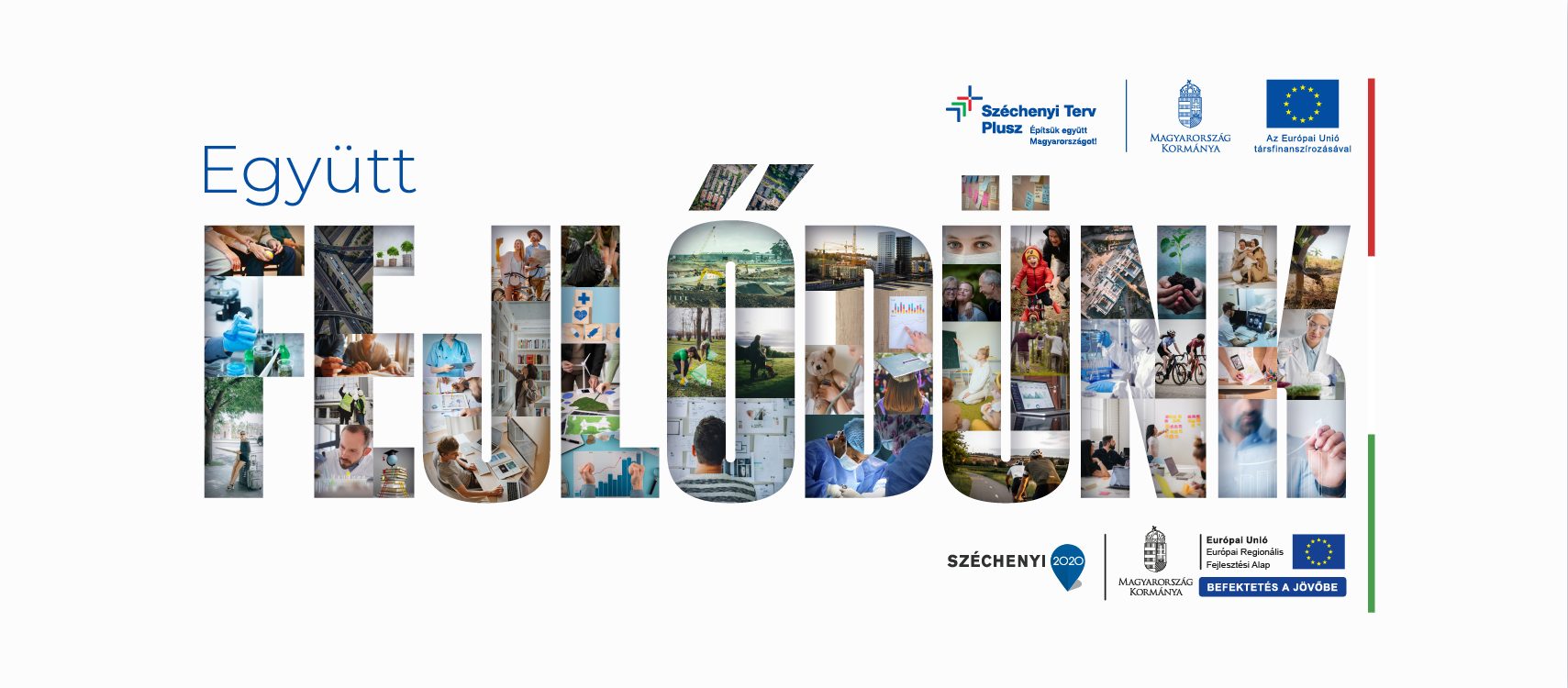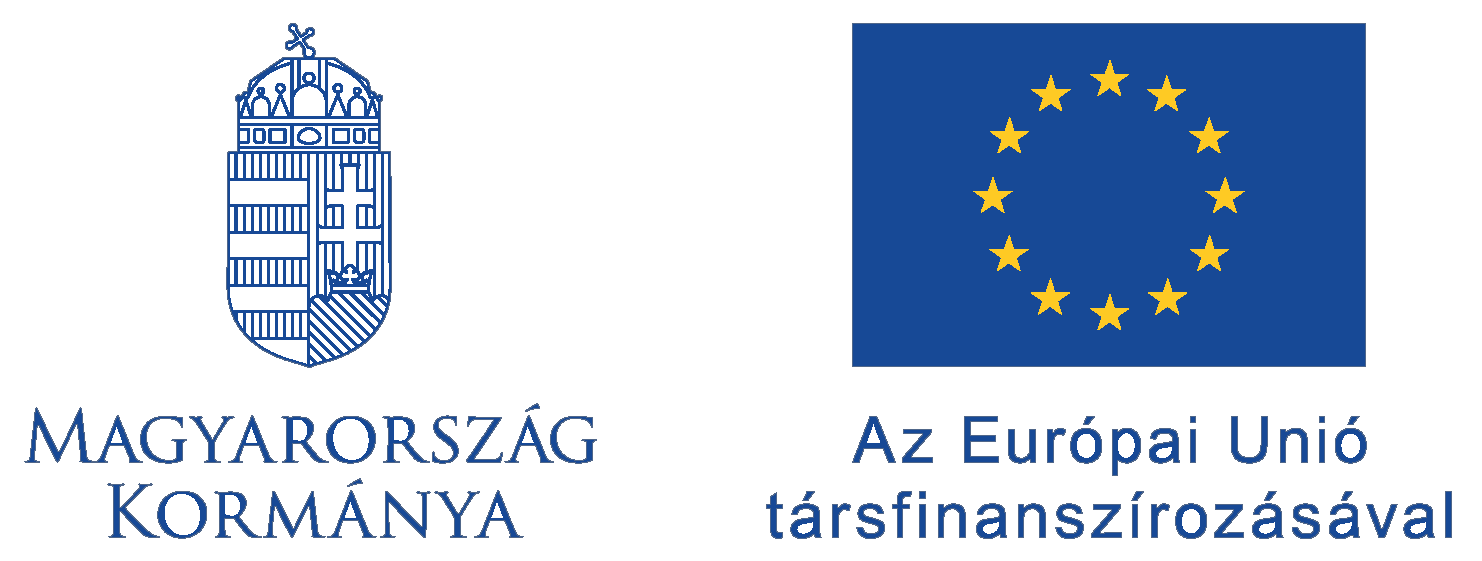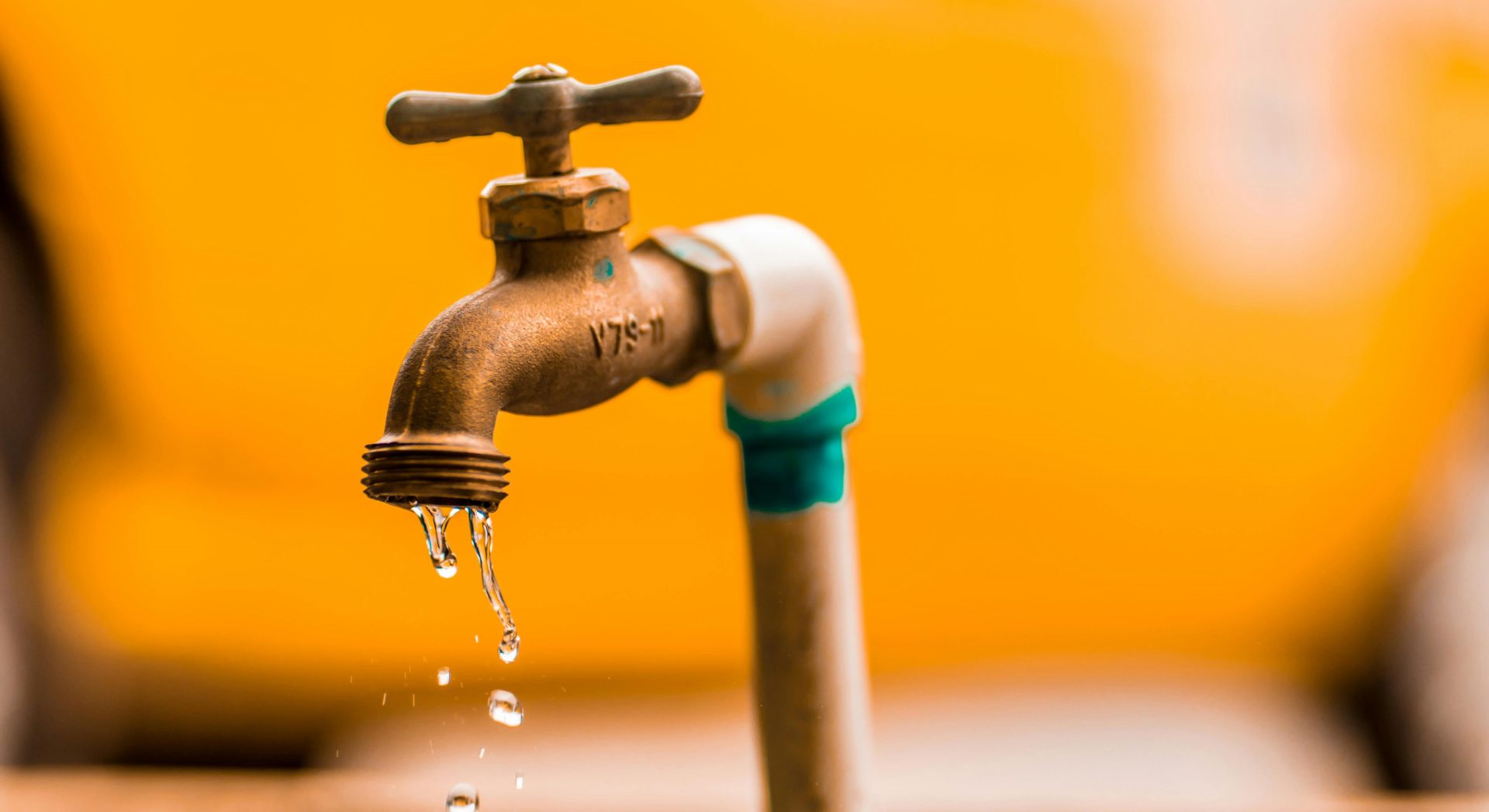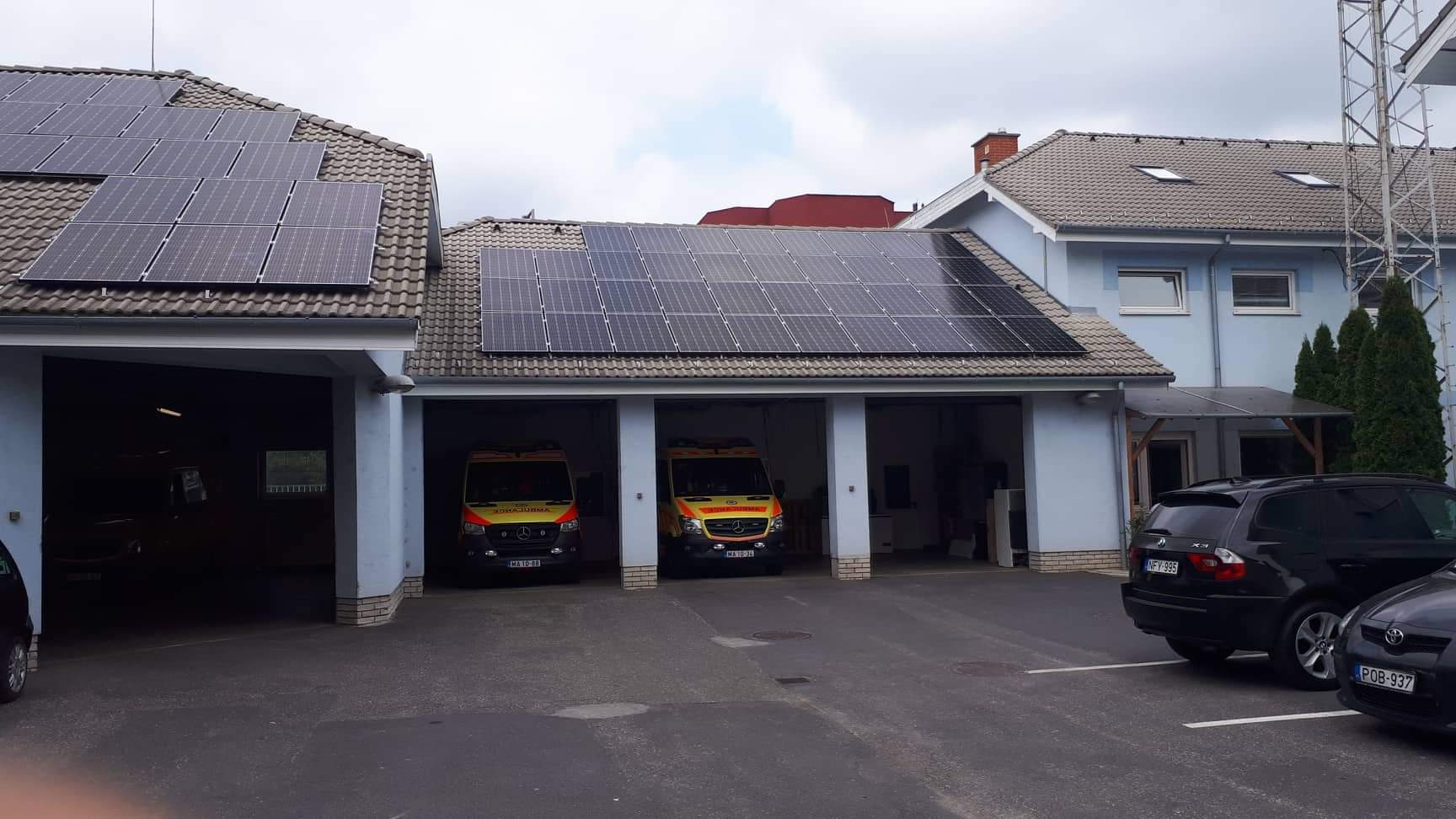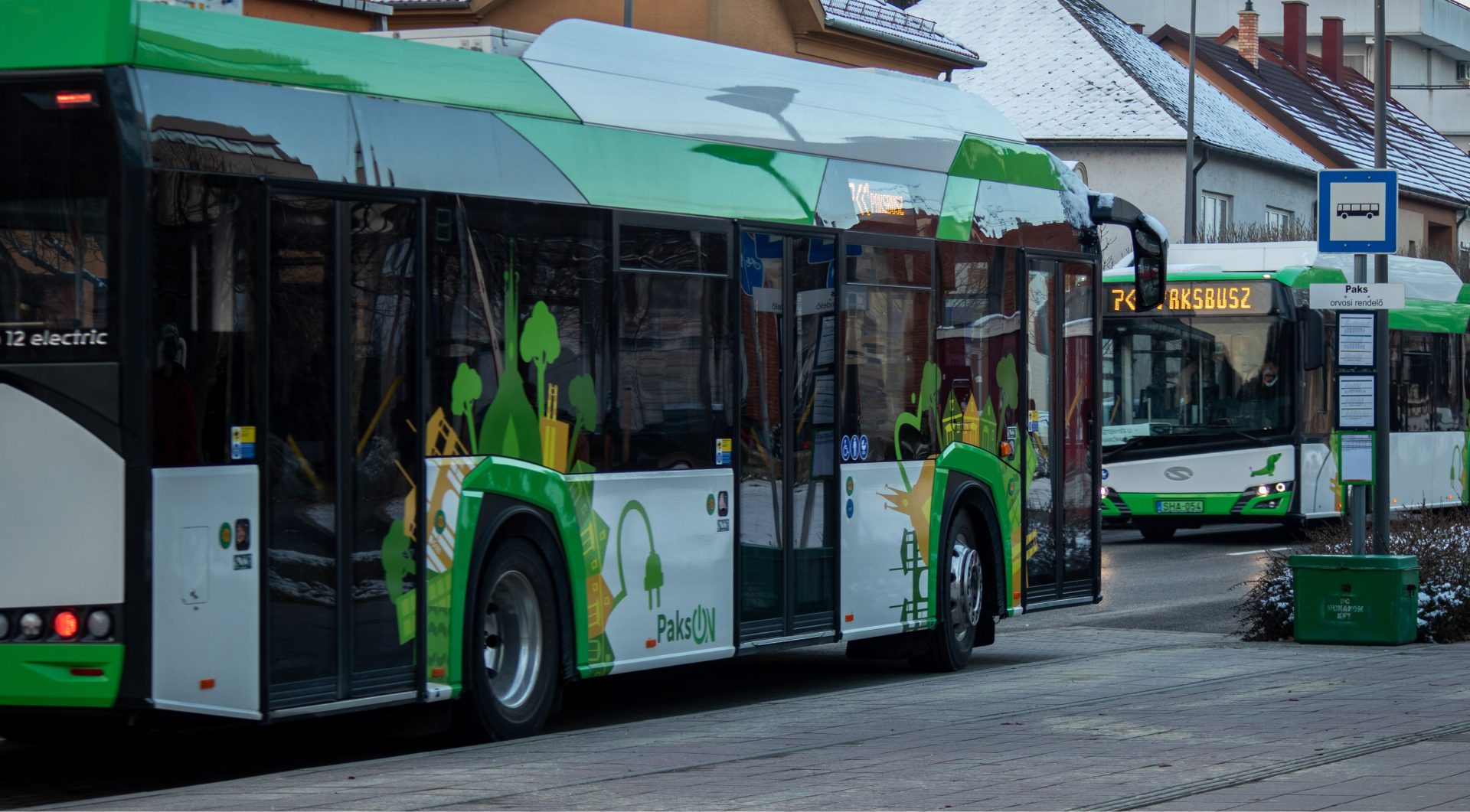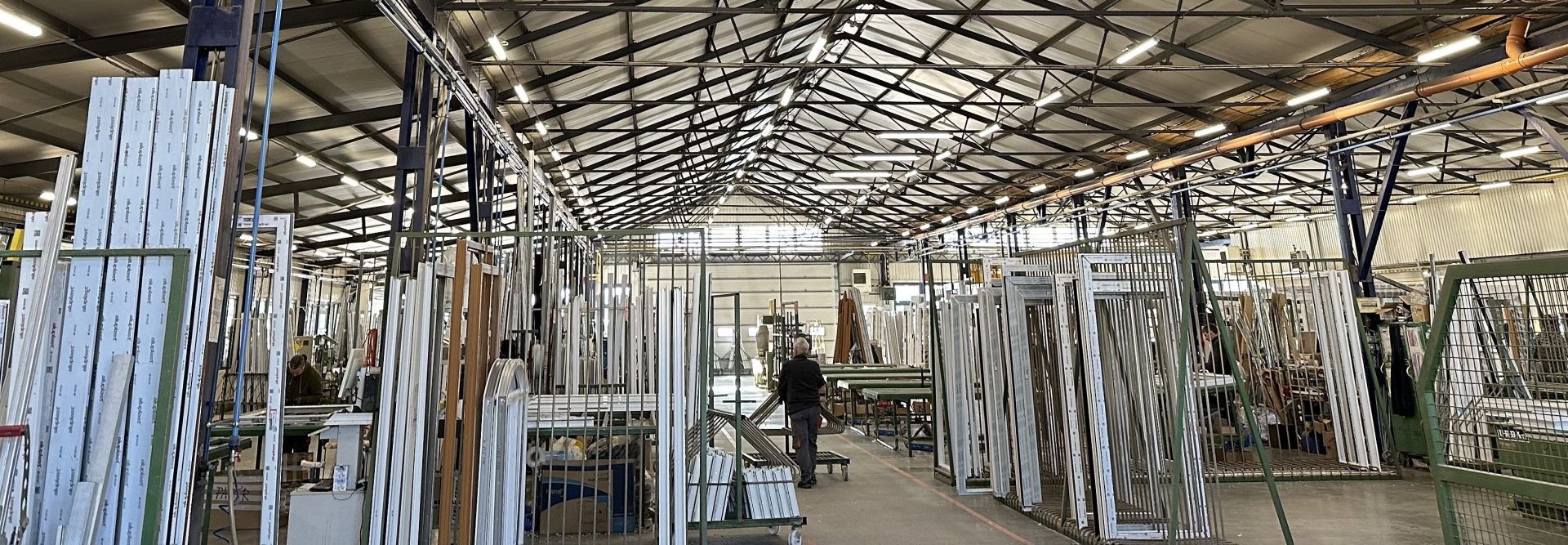The Hungarian Fisheries Operational Programme has supported a research project aimed at improving fish production in Hungary, in the spirit of environmental protection and sustainability. The project has developed several new technologies and methods to make fish farms more efficient and competitive. Fishing is a specific field whose results are apparently only understood by professionals, but healthier products and environmental goals also have a positive impact on the lives of consumers.
One of the main objectives of the project of the Hungarian University of Agricultural and Life Sciences – formerly the National Agricultural Research and Innovation Centre – is to reduce the negative impact of fish production on the environment. Thus sustainable resource utilisation technologies have been developed and new fish feed technologies have been introduced to reduce the use of high-cost fish oil and fish meal. The project also supported the introduction of new aquaculture species with market potential, marine and freshwater plants and animals into intensive production.
In the framework of the investment, innovative solutions to several significant problems that can also be applied in practice were implemented. First of all, processes of water recirculating fish production have been improved to support the expansion of intensive fish production in the country. For the intensive production of pike perch, a special fish feed was developed which improves the reproductive performance of fish reared in closed systems, the quality of their offspring and the safety of rearing by optimising the quantity and ratio of key essential fatty acids.
Feed development has included the development of fish feeds based on high-protein by-products from domestic sources, reducing the use of expensive fish meal and fish oil. In addition, environmental impacts have been assessed and the role and importance of fish ponds for the environment have been examined, particularly as they account for almost 80% of domestic fish production and around 60% of agricultural water use.
The results of the project were presented in an online workshop with more than 80 participants from all segments of the fisheries sector. The results of the new research presented in the workshop can contribute to the sustainable development of aquaculture and to increasing the competitiveness of the sector, and will help the sustainable development of domestic fish production in the long term.
The program was implemented with European Union funding under the MAHOP-2.1.1-2016-2017-00007 project.
Find out more about the project in the Project Finder:Details
![]()
